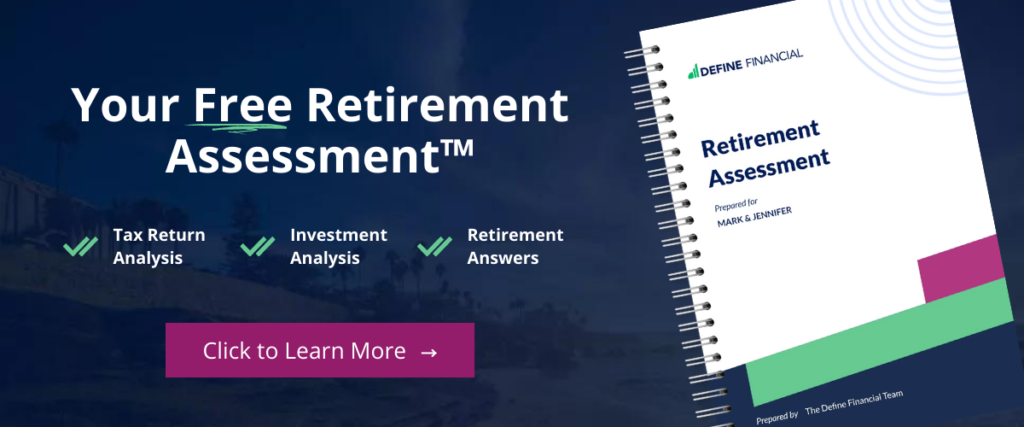Today I’m addressing inflation (again), war, and the risk of a recession.
Specifically, I’m sharing:
Key Takeaways
- An update on the recent inflation report
- Why my previous inflation comments were wrong
- The probability of a recession + what retirement savers should be doing
If like most investors, you’re nervous about the current environment and looking for guidance, today’s episode is for you.
How to Listen to Today’s Episode
Episode Links & Resources:
- Retired or Close to It? Need a Retirement + Tax Analysis?
- The 2-Part Inflation Series [Stay Wealthy]:
- Crude Oil Prices
- History of Recessions
- Recessions are Rare [Morgan Housel]
- Fed Funds Rate History





